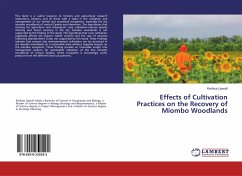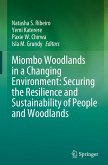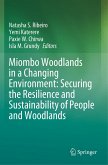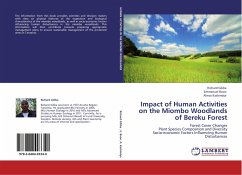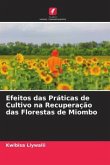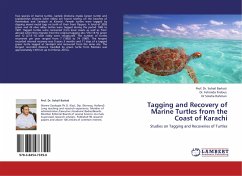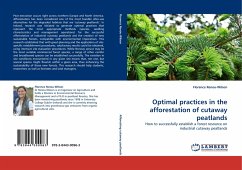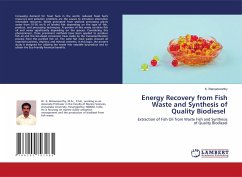This book is a useful resource to forestry and agricultural research institutions, scholars, and all those with a stake in the utilization and management of our forests and woodland ecosystems, especially the dry miombo woodlands of central Zambia and elsewhere. The hypotheses that clearing for agriculture and subsequent crop cultivation reduces species diversity and forest recovery in the dry miombo woodlands is not supported by the finding of this study. The hypothesis that crop cultivation negatively affects soil organic matter content and the rate of recovery following abandonment is also not supported by this study. These findings indicate that present day semi-permanent cultivation can be practiced in dry miombo woodlands on a sustainable basis without negative impacts on the miombo ecosystem. These finding provide an invaluable insight into management options for sustainable utilization of the Dry miombo woodlands of central Zambia, which ecosystem is increasingly under pressure from the different land use patterns.
Bitte wählen Sie Ihr Anliegen aus.
Rechnungen
Retourenschein anfordern
Bestellstatus
Storno

